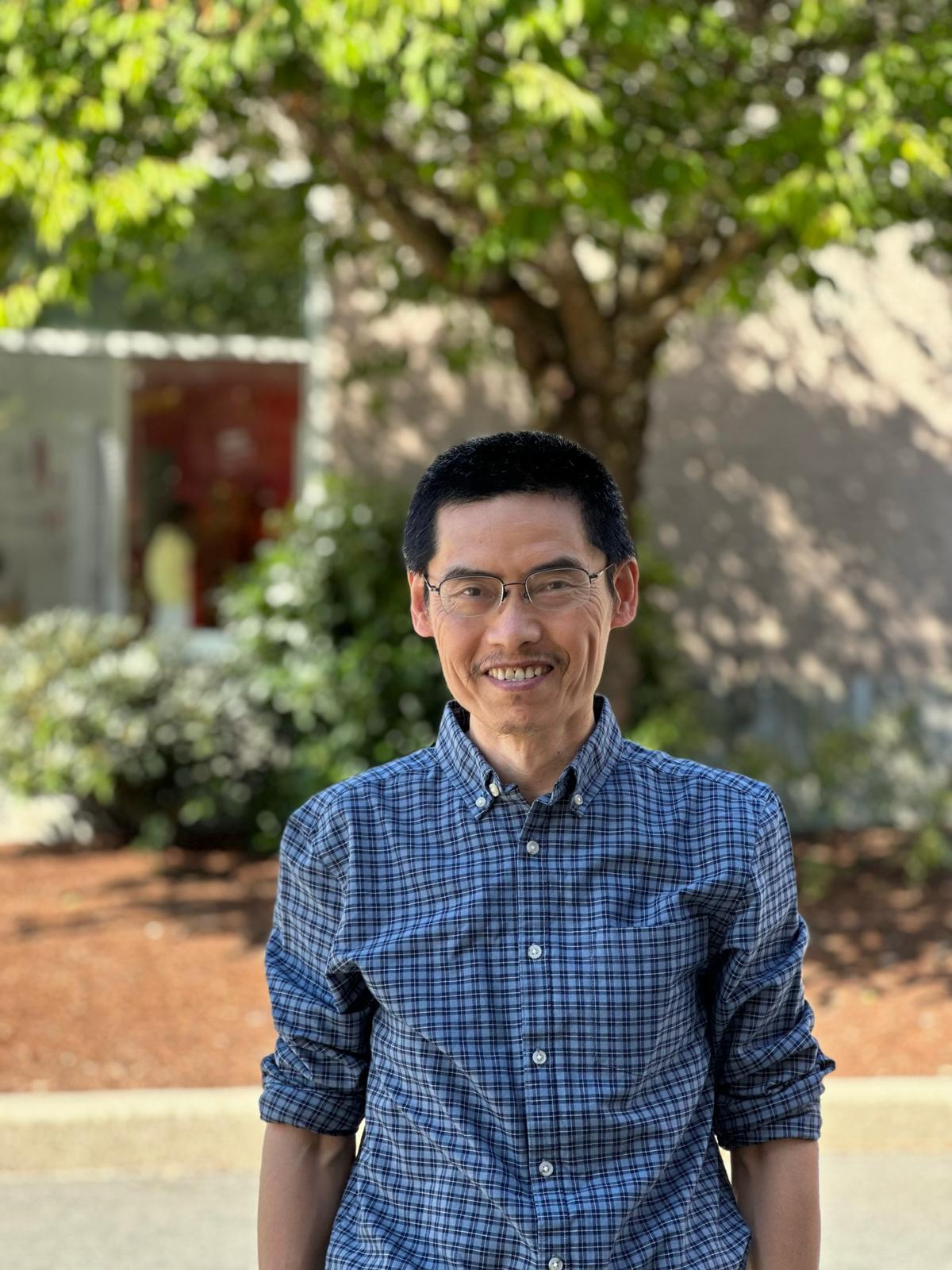Acupuncture
Acupuncture stimulates the balance and flow of Qi (pronounced chee) energy that in Traditional Chinese Medicine is considered essential to health. When the body is healthy, Qi flows smoothly through the meridians that make up a conceptual network of pathways throughout the entire body. Sometimes these channels can become blocked due to strong emotions, poor diet, stress, heredity, or trauma. Through acupuncture, Port Moody and Coquitlam patients can open meridians and achieve the energy flow they need for optimal balance and health.
The body’s 12 main meridians surface to skin level 12 times throughout the body, allowing us to “reach” the channels with acupuncture needles. Each meridian corresponds to a certain internal organ. Stimulation of acupuncture points has been shown to trigger physiological reactions including the release of pain-relieving endorphins, lowering of blood pressure, increase of the immune system, and more. Acupuncture’s biggest benefit, however, is increasing the body’s natural ability to heal.
Does Acupuncture Hurt?
If new to the idea of acupuncture, Port Moody and Coquitlam residents may have a few questions. First and foremost – does it hurt? Believe it or not, acupuncture is not painful. The sterile needles we use at Momentum Therapeutics may have long handles, but the actual needle is too tiny to cause much pain because we insert them only millimeters (or less) into your skin, depending on your condition, constitution, and size.
Acupuncture vs Dry Needling, what should I do?
If you’re simply looking to relieve muscle pain and tightness, dry needling is a promising option. But if you’re seeking treatment for a certain medical condition, acupuncture is the way to go. You may either feel relaxed or energized after undergoing any of the two procedures.
Acupuncturists insert very thin needles into specific points on the body based on their knowledge from TCM (Traditional Chinese Medicine) to stimulate energy flow within the body and helps with stress, depression, insomnia, infertility, acupuncture and dry needling differ in their guiding principle. Dry needling use thicker needles that target trigger points within muscles to relieve tension and decrease pain which works with western medicine and muscular anatomy while Acupuncture works with Qi , meridian lines of the body and Yin and Yang balance.
Patient:- “When I gave acupuncture a try, I was mainly curious about the process. Surprisingly, during the treatment, it was the first time I experienced deep relaxation, free from my usual racing thoughts. I felt this incredible energy flowing through my body, which was an amazing experience. Now, I’m completely hooked on it.”
The difference between dry needling and acupuncture goes further than that they both use needles. Dry needle treatment, also known as myofascial point dry needling, is a remarkable and completely natural treatment for chronic and acute pain. Often used as part of a larger treatment plan, it is widely misunderstood by many patients who have questions about dry needling and liken the procedure to acupuncture. The differences between dry needling and acupuncture actually outweigh the similarities by far.
DRY NEEDLE THERAPY VS ACUPUNCTURE
Both dry needling and acupuncture involve the insertion of thin needles into certain parts of the body, but the similarities stop there. Dry needling acupuncture difference is that during an acupuncture session, needles are inserted into points along meridian lines. These lines represent the body’s organs, and they are based on ancient Chinese medicine. Acupuncture is based on the idea of balance and restoring the proper flow of energy throughout the body.
During acupuncture, the needles are usually left in place for 15 to 30 minutes. It is most often used to treat internal ailments, including digestive problems, insomnia, stress, and chronic pain.
Dry needle treatment is a relatively new treatment based on modern Western medicine. This treatment was developed in the 1980s, and during treatment, needles are inserted into trigger points, or tender bands of muscle located within larger muscles.
When needles are inserted into trigger points, they elicit a response that releases the trigger point and restores normal function. The difference between dry needling and acupuncture is that dry needling is used to treat cases of chronic and acute pain without the use of medication, surgical procedures, etc.
RATES (GST included)
First Visit: 60-75min — $120
Follow Up Visit: 45min — $120
New Patient Administration Fee: $5 on the first visit
Cancellation Policy: Please respect our time, and be aware of our 48-hour cancellation policy. A fee will apply for your missed appointment if less notice is given. ICBC & Extended Health Companies will not provide coverage for missed appointments.
Coverage Options:

